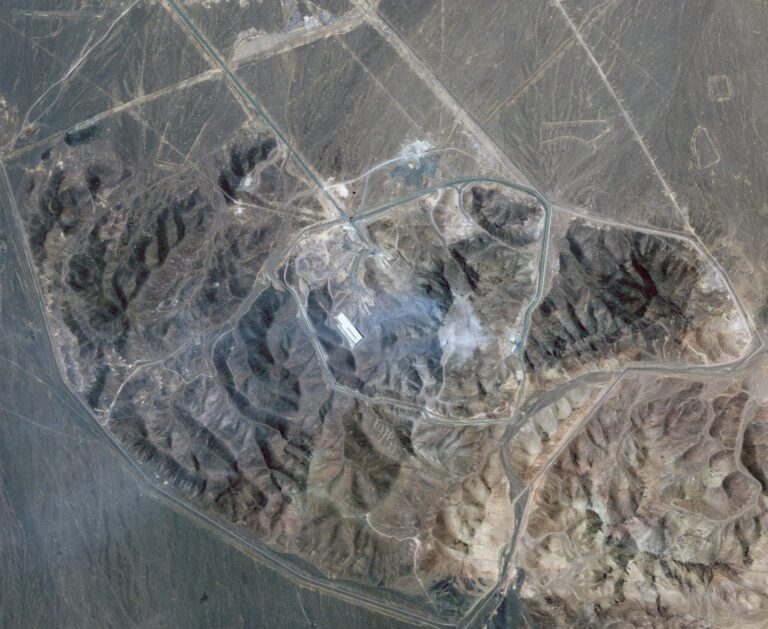Cease-Fire Declared in Israel-Iran Conflict Known as "12-Day War"
Following significant developments early Monday, President Trump has announced a cease-fire in the conflict labeled "the 12-day war" between Israel and Iran. This term draws a parallel to Israel’s decisive Six-Day War victory in 1967.
Background on the Conflict
The hostilities began when Israel launched operations on June 13, targeting Iran’s nuclear capabilities and ballistic missile arsenal. The escalating violence reached a peak on Saturday when the U.S. targeted several of Iran’s nuclear sites, severely impacting its military infrastructure.
Key Highlights:
- Israeli Military Positioning: An unnamed official from Jerusalem indicated that the Israel Defense Forces (IDF) had exhausted most of its target bank in Iran, hinting at an imminent conclusion to military actions.
- Iran’s Response: On Monday, Iran retaliated by launching multiple ballistic missiles at Al Udeid Airbase in Qatar, the largest U.S. base in the Middle East. However, these missiles were successfully intercepted by American air defense systems.
Cease-Fire Announcement
In a statement on Truth Social, President Trump declared, “Congratulations to everyone. It has been fully agreed by and between Israel and Iran that there will be a complete and total ceasefire…” The cease-fire is scheduled to take effect approximately six hours from the announcement, coinciding with the conclusion of ongoing military operations from both sides.
Iranian Confirmation
An official from Iran has confirmed that the Islamic Republic agrees to the cease-fire terms. However, there was no immediate response from Israeli officials. Questions remain regarding whether either side will engage in last-minute attacks before the cease-fire takes effect.
Recent Military Engagements
The last few days have witnessed fierce exchanges of missile fire:
- Iranian Attacks: Iran executed missile strikes targeting various sites across Israel, nearly hitting a power plant and temporarily disrupting electricity in southern regions.
- Israeli Strikes: In retaliation, the IDF targeted Iranian military command centers in Tehran, including the entrance to the infamous Evin prison, known for housing political prisoners.
Strategic Analysis
Mideast analysts suggest that Iran’s recent missile attack on Al Udeid may have been coordinated with Qatar to manage regional perceptions. Following the U.S. strikes on its nuclear sites, President Trump remarked that Iran “got it out of their system,” paving the way for the cease-fire announcement.
Why This Cease-Fire Matters
The end of hostilities is seen as a significant achievement, averting a potential multi-year conflict that could devastate the entire Middle East region. President Trump expressed gratitude, saying:
“This is a war that could have gone on for years and destroyed the entire Middle East, but it didn’t and never will.”
Conclusion
As the cease-fire takes effect, it marks a critical juncture in Middle Eastern politics. Key developments from this conflict, including the staggering loss of Iranian military assets and personnel, indicate a temporary but crucial stabilization in an often volatile region.
Additional Resources
- For further information about the Israel-Iran conflict and its implications, check reputable news sources.
- Learn more about the history of U.S. involvement in the Middle East for deeper insights.
- Explore the impact of the Six-Day War on current Middle Eastern relations.
This cease-fire could signal a new chapter in the ongoing tensions between Israel and Iran, making it essential to stay informed about future developments.


